Fluent Python. 2nd Edition Luciano Ramalho
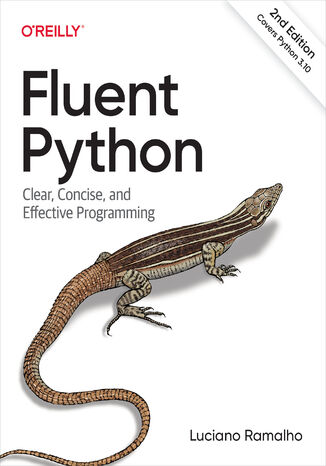

- Autor:
- Luciano Ramalho
- Wydawnictwo:
- O'Reilly Media
- Ocena:
- Stron:
- 1014
- Dostępne formaty:
-
ePubMobi
Opis
książki
:
Fluent Python. 2nd Edition
Don't waste time bending Python to fit patterns you've learned in other languages. Python's simplicity lets you become productive quickly, but often this means you aren't using everything the language has to offer. With the updated edition of this hands-on guide, you'll learn how to write effective, modern Python 3 code by leveraging its best ideas.
Discover and apply idiomatic Python 3 features beyond your past experience. Author Luciano Ramalho guides you through Python's core language features and libraries and teaches you how to make your code shorter, faster, and more readable.
Complete with major updates throughout, this new edition features five parts that work as five short books within the book:
- Data structures: Sequences, dicts, sets, Unicode, and data classes
- Functions as objects: First-class functions, related design patterns, and type hints in function declarations
- Object-oriented idioms: Composition, inheritance, mixins, interfaces, operator overloading, protocols, and more static types
- Control flow: Context managers, generators, coroutines, async/await, and thread/process pools
- Metaprogramming: Properties, attribute descriptors, class decorators, and new class metaprogramming hooks that replace or simplify metaclasses
Wybrane bestsellery
O'Reilly Media - inne książki
Dzięki opcji "Druk na żądanie" do sprzedaży wracają tytuły Grupy Helion, które cieszyły sie dużym zainteresowaniem, a których nakład został wyprzedany.
Dla naszych Czytelników wydrukowaliśmy dodatkową pulę egzemplarzy w technice druku cyfrowego.
Co powinieneś wiedzieć o usłudze "Druk na żądanie":
- usługa obejmuje tylko widoczną poniżej listę tytułów, którą na bieżąco aktualizujemy;
- cena książki może być wyższa od początkowej ceny detalicznej, co jest spowodowane kosztami druku cyfrowego (wyższymi niż koszty tradycyjnego druku offsetowego). Obowiązująca cena jest zawsze podawana na stronie WWW książki;
- zawartość książki wraz z dodatkami (płyta CD, DVD) odpowiada jej pierwotnemu wydaniu i jest w pełni komplementarna;
- usługa nie obejmuje książek w kolorze.
Masz pytanie o konkretny tytuł? Napisz do nas: sklep@ebookpoint.pl
Książka drukowana


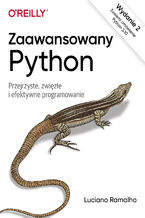
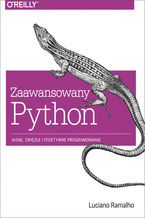



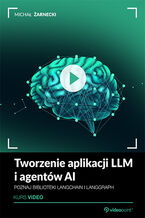
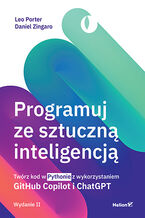


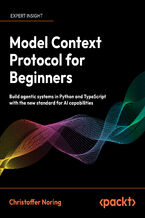


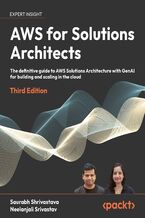






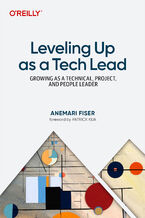
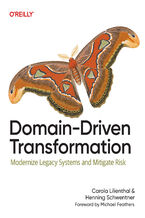
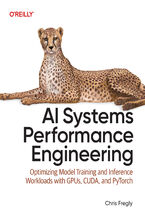

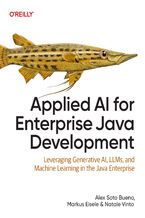
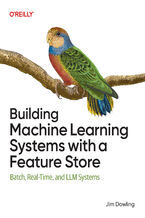
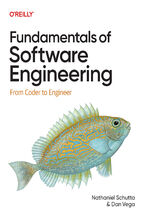
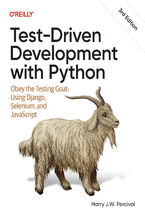
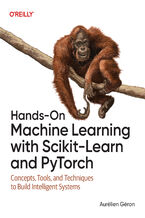
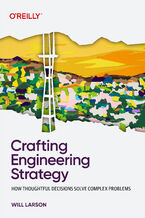
Oceny i opinie klientów: Fluent Python. 2nd Edition Luciano Ramalho
(0)